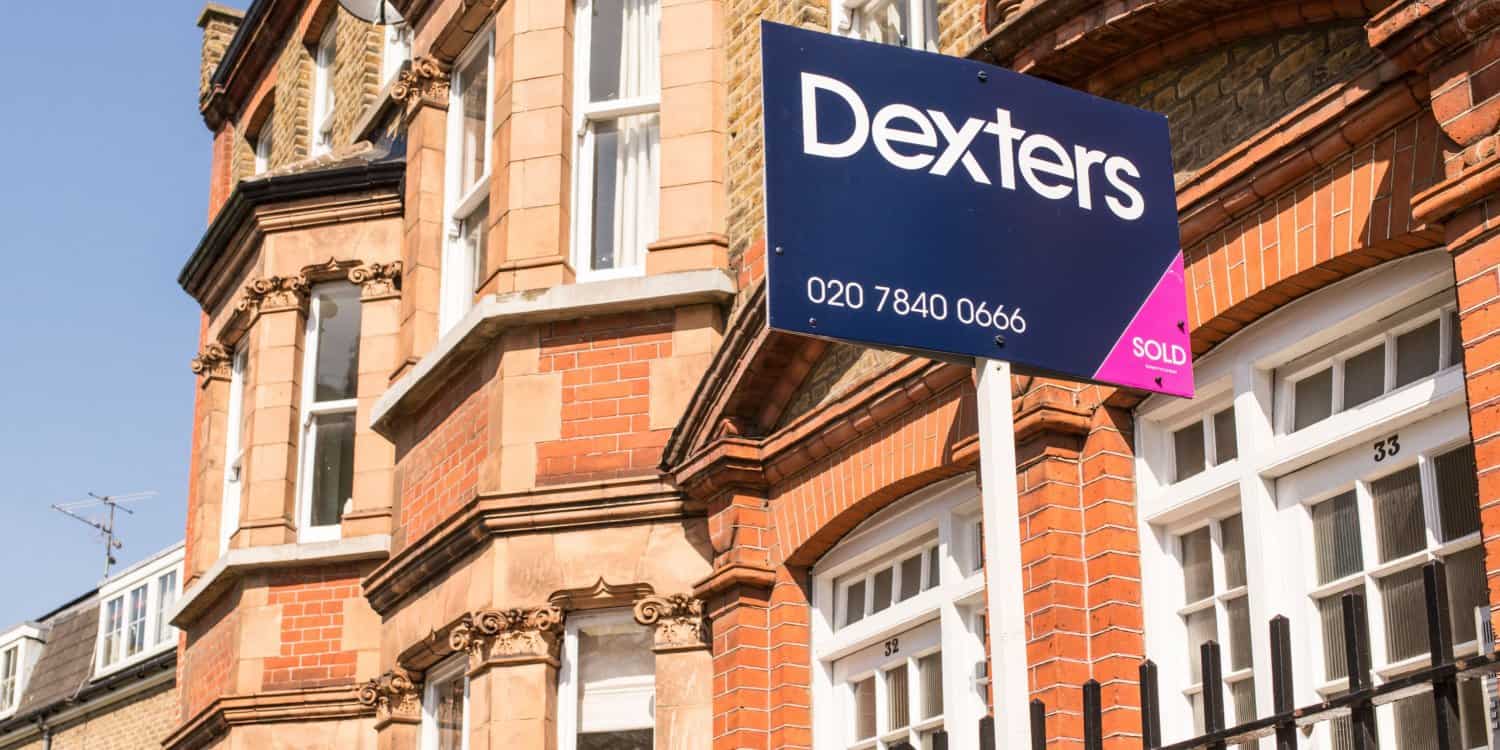You can buy or hold various types of properties through a limited company, including your own home. However, whether or not there are any benefits to buying your main residence via your own limited company is another matter. It depends on several factors, including how the purchase is funded and how you intend to use the property.
Below, we explain the implications of buying your home through a limited company, including the potential pitfalls of Benefit in Kind treatment, limited mortgage availability, and the tax liability on profits made on the sale of property owned by a limited company. Specialist advice should always be sought before making a decision.
Key takeaways
- Buying your home through a limited company often incurs higher costs and tax liabilities than personal ownership.
- Limited companies face stricter mortgage conditions, including higher deposits and interest rates compared to individual buyers.
- Renting out a property owned by a limited company can be more tax-efficient due to recent legislative changes.
Buying your home through a limited company – is it a good idea?
There is no law prohibiting the purchase of property by limited companies. You can buy investment properties, sell your existing home to a company that you own, or even purchase a residential property on the open market to live in yourself.
That being said, it’s not always straightforward. In certain circumstances, buying your home through a company may be beneficial. In other situations, it may make no financial sense whatsoever. It depends on several factors, such as:
- Will you be buying the property on the open market, or do you already own your home directly as a private individual?
- If you currently own the property, do you own it outright or is there an outstanding mortgage?
- Are you intending to buy the property through your company using cash, or do you need to fund the purchase with a mortgage?
- Do you intend to live in the property, or are you buying it as an investment property to rent out to tenants?
- Is the company new, or is it an established trading company with a long credit history and healthy credit score?
- Do you plan to sell the property soon, or do you intend to pass it on to your children or other family members?
We’ll start by discussing whether or not you can buy your home through a limited company and proceed to live in it, before discussing the pros and cons of using a company to purchase your existing main home, or second home for different purposes.
If you intend to live in the property
Living in a property owned by your limited company is rarely a straightforward situation. If you intend to make a cash purchase, there is certainly nothing to stop you from buying your home through a company and proceeding to live in it, but doing so is unlikely to provide any benefit over buying and owning your home directly. In fact, it will probably cost you more overall.
If the company is unable to pay cash, you will need to fund the purchase with a buy-to-let mortgage instead. This can further complicate matters and may even prove prohibitive to your plans.
Whichever way the company pays for the property, occupying it yourself will give rise to Benefit in Kind tax, or a requirement to pay rent to the company. Unfortunately, you cannot simply take up free residence in the property once it’s been purchased by the company.
You also need to consider your long-term plans for your home. If there is a possibility that you will sell it in the near future, the company will be faced with a substantial tax bill on the profits.
With so much to consider, let’s look at each of these points in more detail, to understand the complex and problematic nature of this type of situation.
Fewer mortgage options available to companies
Generally, obtaining a mortgage as a limited company is more difficult than doing so as an individual. Most lenders are reluctant to provide mortgages to companies, so you will have far fewer options compared to buying as an individual.
You will also have to put down a larger deposit, and you will likely have higher interest rates to pay on the mortgage. Furthermore, as a director, you will need to provide a personal guarantee, meaning that you will be personally liable for the debt if the company is unable to meet the mortgage payments.
The biggest issue, however, is that most lenders will only provide a mortgage to a company if the property is being purchased as an investment opportunity – for example, to renovate and sell, or to rent out to private tenants.
With a buy-to-let mortgage, which is the type required for this type of purchase, the vast majority of lenders will expressly forbid you from residing in the property. So, unless the company can pay cash, it’s highly unlikely that you would be able to use the property as your main home.
You may be liable for Benefit in Kind tax
If you live in a property owned by your company and do not pay full market rent, HMRC will treat it as a Benefit in Kind (BIK). This is because accommodation provided to employees, directors, and shareholders is viewed as a taxable company benefit.
Therefore, as the company owner and director, you would have to pay Income Tax on the ‘annual value’ of the accommodation benefit – just as you would if you received the value of the accommodation as part of your salary. This could be substantial, and you will take an even bigger hit if you’re a higher-rate or additional-rate taxpayer.
To avoid BIK treatment, you would need to pay full commercial rent to live in the property. The company would then have to pay Corporation Tax on the rental income. Corporation Tax is charged at 19%-25%, depending on the company’s total annual profits.
Either way, it’s dead money. It would cost you more overall to live in the property than if you owned it directly, regardless of whether the company purchased it outright or with a mortgage. It makes no financial sense to pay either BIK tax or rent and Corporation Tax, if there is an alternative option.
Tax on profits when you sell the property
If and when you sell the property in the future, the company will have to pay Corporation Tax on any profit made from the sale. The rate of tax payable depends on the company’s total annual profit from all sources.
For example, if you buy a house through a limited company for £350,000 and then later sell it for £450,000, the company will have to pay the main rate of 25% Corporation Tax on the £100,000 profit.
This is not the case when buying and selling your main home as an individual. Any gains you make on the sale of the property will be exempt from tax. Based on the example above, you would save £25,000 if you bought and sold directly rather than through a company.
If you intend to rent out your home
The situation is different if you want to sell your main home or second home to your company and turn it into a private rental property. Since the introduction of ‘Section 24’ legislation, owning a rental property through a company is more tax-efficient than owning it directly. Consequently, an increasing number of landlords are now choosing to buy residential properties through companies instead.
On account of Section 24 rules, individual landlords are unable to deduct most finance costs (including mortgage interest and fees) from their rental income when calculating their taxable income. This ‘Tenant Tax’, as it has come to be known, increases landlords’ taxable earnings, which in turn increases their tax liability on rental income.
Limited companies are exempt from this legislation, so landlords can work around the issue by purchasing property through a company. The tax savings can be substantial, particularly for higher and additional rate taxpayers.
Therefore, if you are planning to rent out your current primary residence or second home over the long term, selling it to your company may be worthwhile, rather than operating as an individual landlord. The sale will be treated as a ‘normal’ property sale rather than a transfer of property, so the purchase will be subject to:
- Stamp Duty Land Tax (or equivalent)
- property valuation fees
- conveyancing and legal fees
- an early repayment charge (aka ‘exit fee’ or ‘early redemption charge’) on your current mortgage, if applicable
- buy-to-let mortgage fees, if it’s not a cash purchase
- Capital Gains Tax, if you are selling your second home to your company
If the company is buying your home with cash, the process will be slightly easier because, as mentioned earlier, obtaining a mortgage as a company is more challenging. However, where a buy-to-let mortgage is required, you will need to consider the interest rate on top of the aforementioned costs, to determine whether or not there is any financial benefit to using a company for this purpose.
For some people, especially basic rate taxpayers, it may be more cost-effective and tax-efficient to keep the property in their own name and rent it out as an individual landlord. The overall cost of selling your home to your company may cancel out any potential tax savings, so the situation requires careful consideration and expert advice from an experienced accountant.
Thanks for reading
Buying property through a limited company can be complex or straightforward, depending on the situation. Buying your own home through a limited company, however, is rarely simple – especially if you intend to occupy the property yourself.
Whatever you’re hoping to achieve, we would urge you to seek professional advice from a property tax expert in the first instance. They will be able to work out the best solution, based on your individual circumstances and long-term plans.
If you have any questions about this post, or would like to speak to us about setting up a limited company, please comment below or contact our London-based company formation team directly.
Explore the Quality Company Formations Blog for more business advice and company guidance.














Join The Discussion
Comments (6)
This is amazing piece of an article , highly informative .I am blessed from it .
Thank you for your comment, Ola. We’re so glad you liked the article.
Kind regards,
The QCF Team
Interesting read and thank you.
Thank you for your kind comment, Luke. We’re glad you found the article insightful.
Kind regards,
The QCF Team
Thanks for the article! This guide for buying a house through a limited company was very helpful. It even gave some tips for my own business tax services UK.
Thank you for your comment, David. We’re so glad you were able to use our guide when buying a house through your limited company.
Kind regards,
The QCF Team